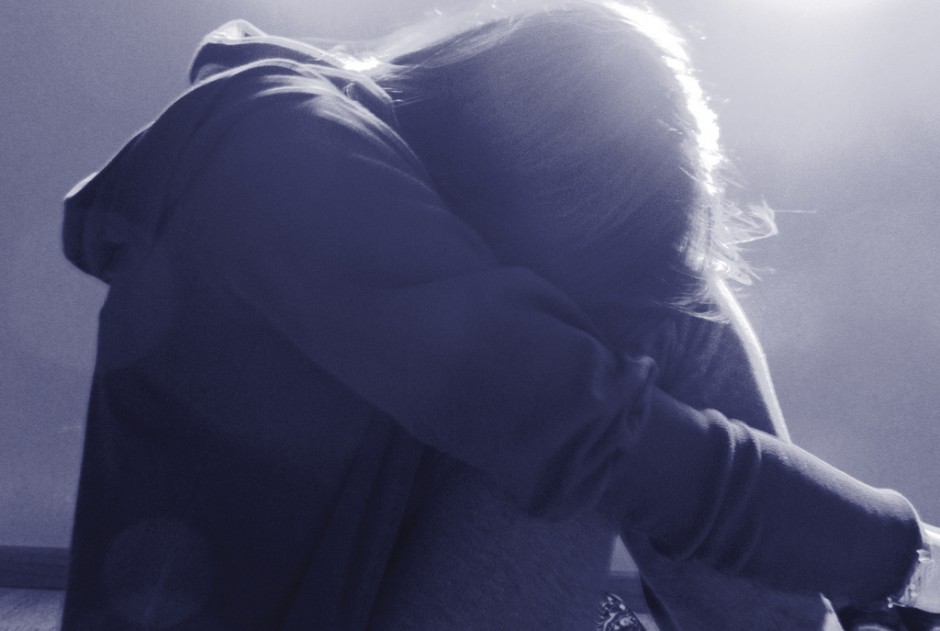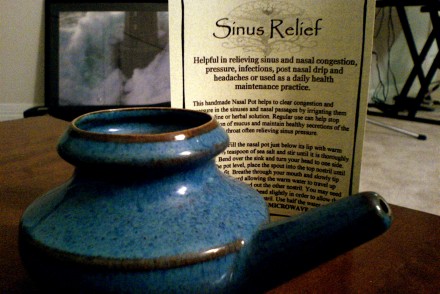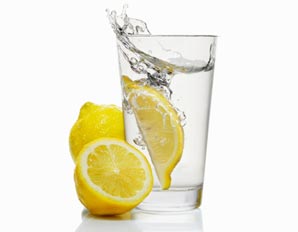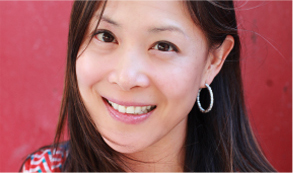Recently I read an article in the New York Times Well section called “The Anti-depressant Generation.[1]” The article, written by Dr. Iarvovici, a Psychiatrist who works at Duke University, reflects on the emerging rise in anti-depressant use in young adults between the ages of 18-29. This is the age when people find their identity, shedding what doesn’t work for them and replacing old behaviors with learned new behaviors. Growing up is an experiment that should be colored with black and white and everything in between. Without the lows in life and the feeling of failure and sadness, how can anyone actually learn to make themselves happy and grow?
This is the problem that Dr. Iarovici is seeing in her patients, an inability to withstand the lows of weaning off the medication resulting in a knee jerk reaction of returning on the medication immediately. If you never learn to fall and get up yourself, it will be very hard to fall and get up yourself!
It’s not just the younger ones taking anti-depressants these days. Over 10 billion dollars is being spent on anti-depressants and the numbers are only increasing every year. I turned 40 this year and I’ve found that many of my peers are on an anti-depressant. Why? Some had a hard time having a baby, some had too many babies, some couldn’t get married, some didn’t want to be married, but basically all of them were finding it hard to cope with what was going on in their lives. The problem is, they are still on their anti-depressant even though their situations have changed and the reasons they went on the medication in the first place no longer exist.
We need to find ways to cope with our emotional highs and lows. It seems that any other emotion than happy seems to be looked down upon, especially in America. I’m not saying it’s healthy to live in anger or sadness or fear, but these are a part of our DNA, given to each one of us for a reason, and they need to have their moment in the sun. So if you’re having a hard time, give it more time, look at your circumstances, and try to change your life for the better. For most situations, using an anti-depressant is just a band-aid, which is fine but most people have a hard time ripping it off and are left feeling helpless and dependent on a drug that scientists don’t really know the long-term effects they may have. Next time you’re down, try something like acupuncture, which has shown to be just as effective as talk therapy [2]. You can also try cleaning out your liver, which is often a culprit according to TCM when there is depression. Here are a few ways to help your liver be free:
– Acupuncture
– Exercise
– Eat GREEN foods
– Take bitter herbs like dandelion root and formulas like Xiao Yao San
– Drink lots of water
I also found a very interesting video by Kelly Brogan, a psychiatrist in NYC, who explains why anti-depressants may not be your best option.
In summary, finding an alternative to an anti-depressant may not be as easy as going to your primary care doctor and getting a prescription, because today, that’s how easy it is to get a prescription. But the alternatives can be a journey of their own. You can forage through Whole Foods to find foods that give you energy instead of way you down, interview Acupuncturists, Massage Therapists, Naturopaths and Psychologists to see who best fits your needs and personality, and join an exercise movement that will inspire you to move your body like you may never have before. When depression begins to seep into your world, don’t ignore it or treat it as an enemy, but see it as a sign that some change may be in order.
—
Photo Credit: Reemistry. Flickr.







No Comments